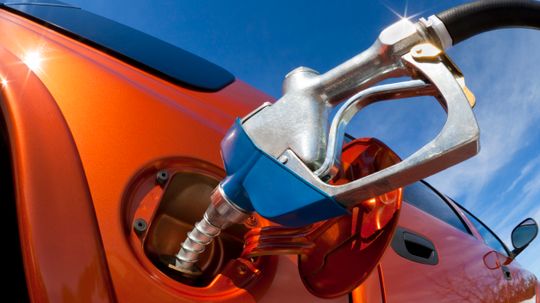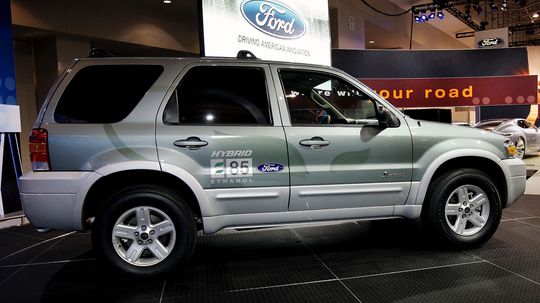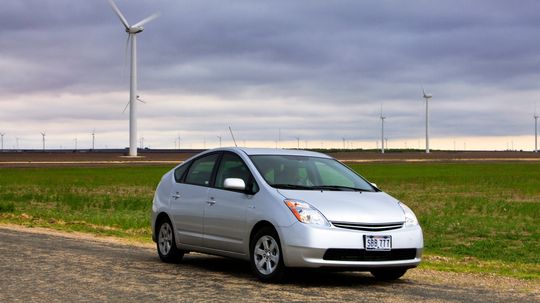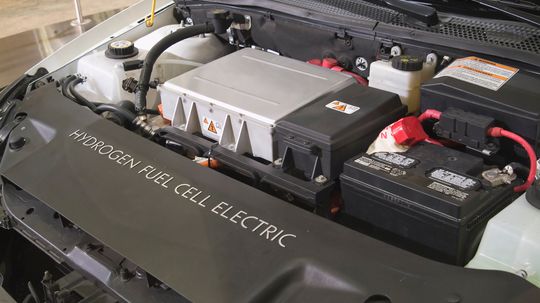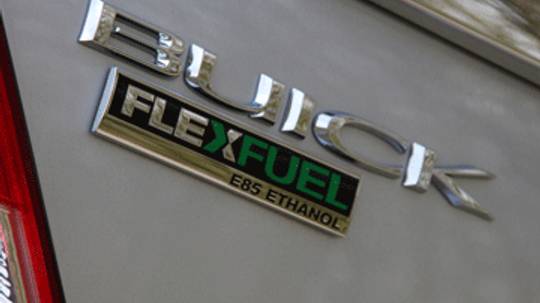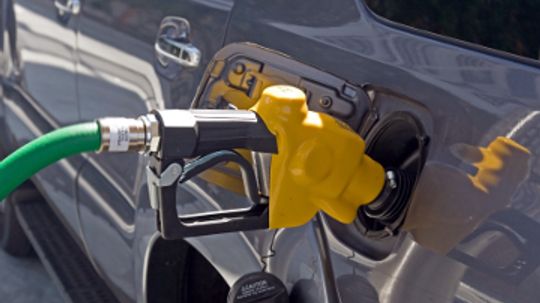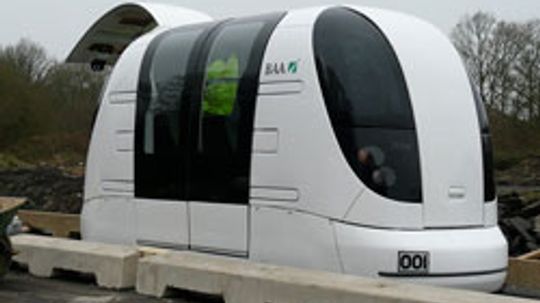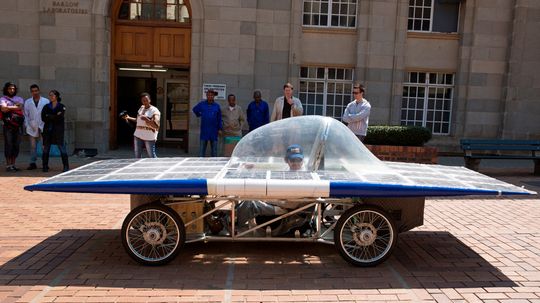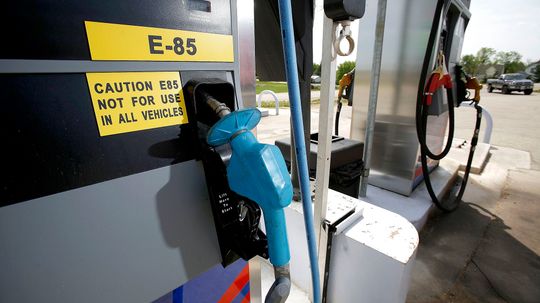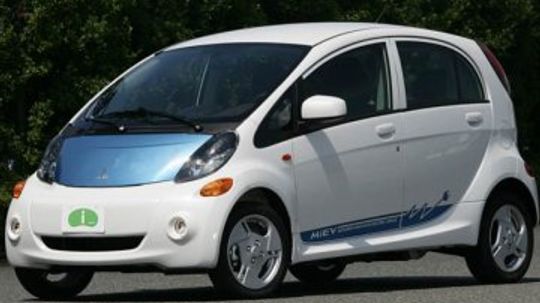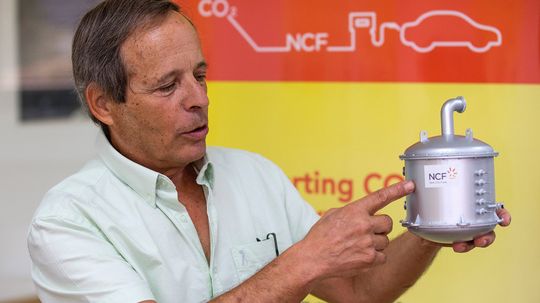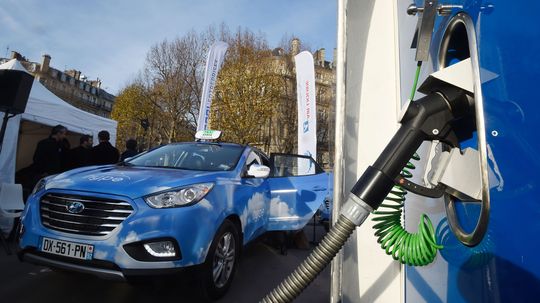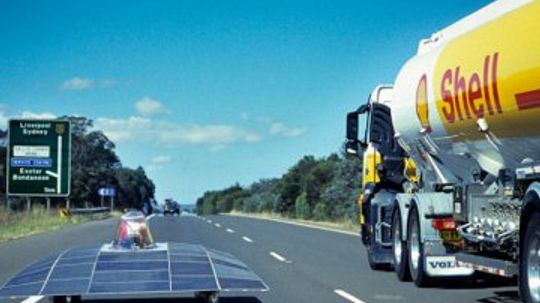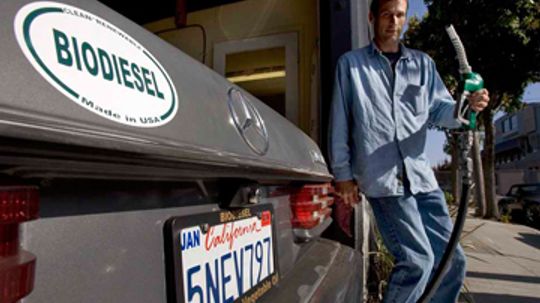Fuel Efficiency
Fuel efficiency has become an extremely important topic in today's world because of rising gas prices, the need to cut our carbon footprints, and the need to cut dependence on oil-rich nations. Check out these great articles on fuel efficiency.
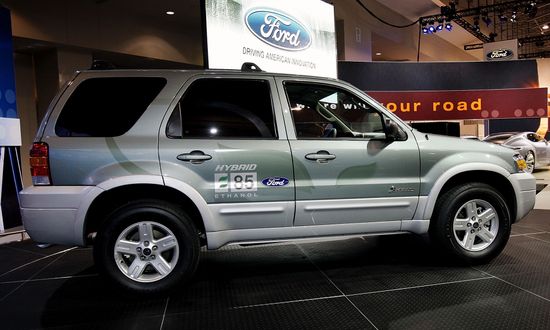
Is Ethanol Bad for Your Car?
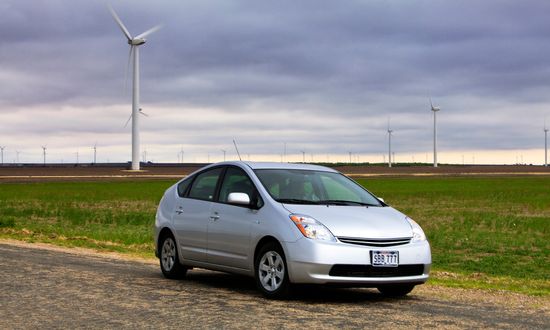
How Carbon-neutral E-fuels Work

How Plant-microbial Fuel Cells Work

Sweet Sorghum: The Sweetest Fuel You'll Ever Taste!

How Algaculture Works

What's the process to convert wine into fuel?
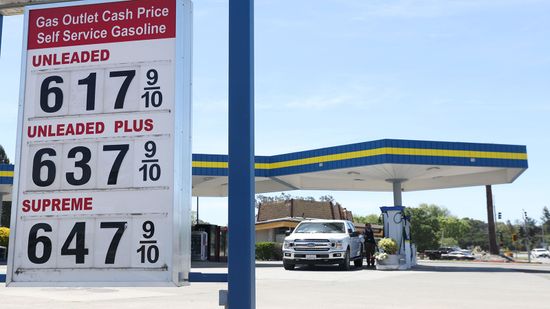
Why Is Gas So Expensive at Certain Times of Year?
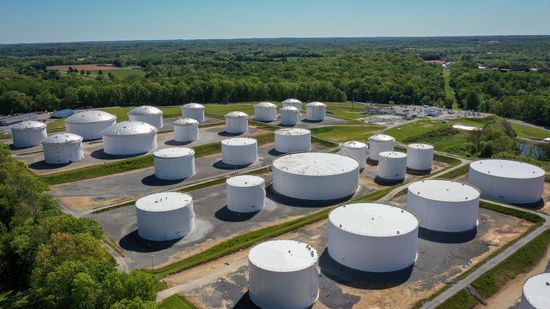
Summer-grade Versus Winter-grade Fuel
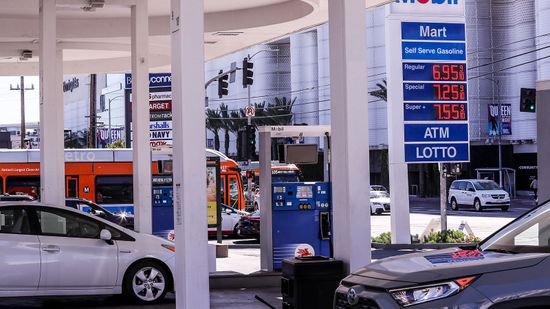
What's the Most Americans Have Ever Paid for Gas?
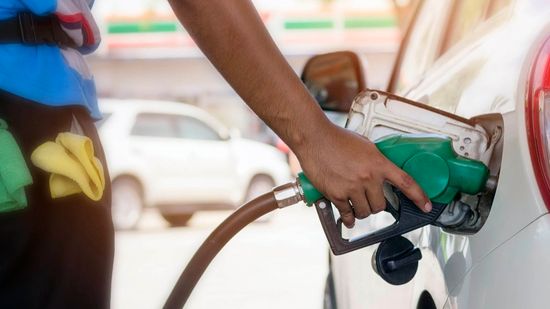
Is It Bad to Drive Without a Gas Cap?

Running on Empty? How Bad Is It for Your Car?
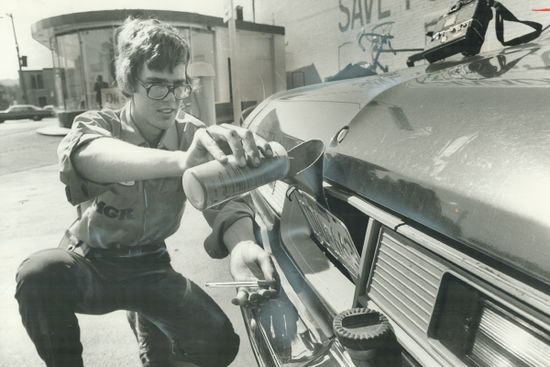
Do fuel additives really do anything?
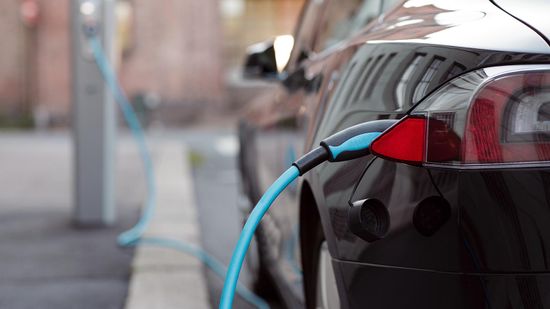
5 Outdated Myths About Buying and Owning Electric Cars

Rivian Aims to Change the EV Industry One Pickup at a Time
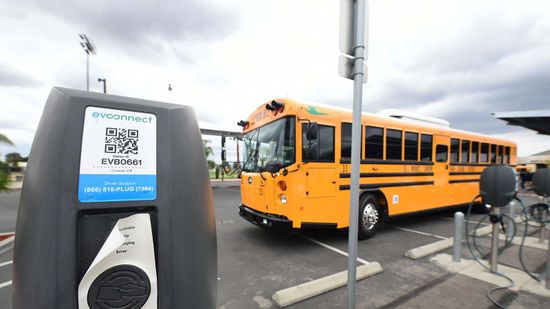
Why You Want Your Kid's School Bus to Be Electric
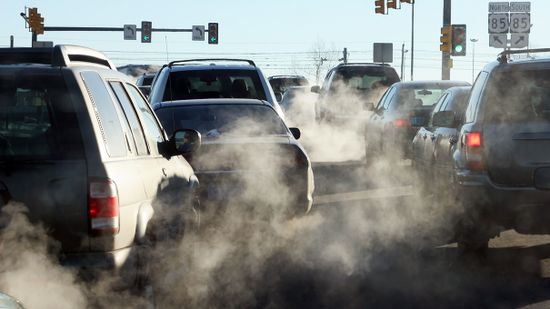
Love It or Hate It: Stop-start Technology Is Here to Stay
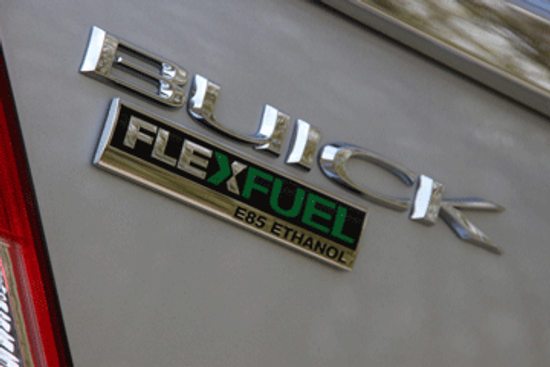
Flexible Fuel Technology: Flex Engines
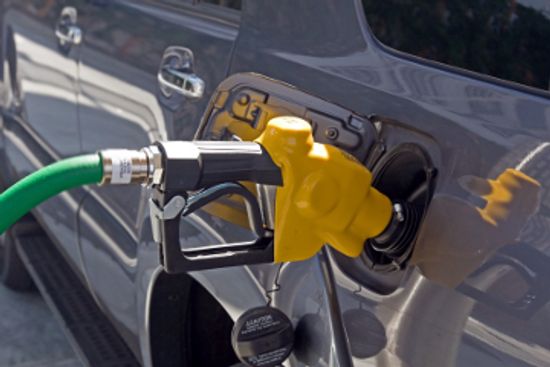
How Flex-Fuel Vehicles Work

Why would someone want to steal the hybrid badge from my car?
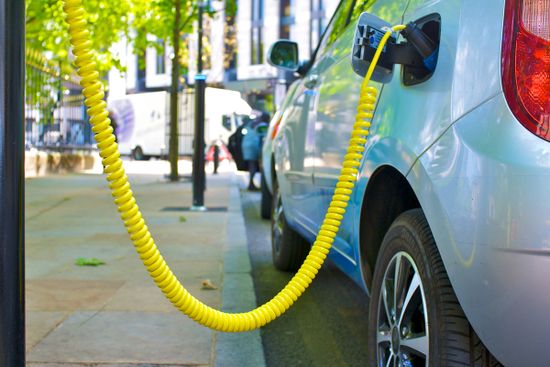
Top 10 Alternative Fuels on the Road Right Now
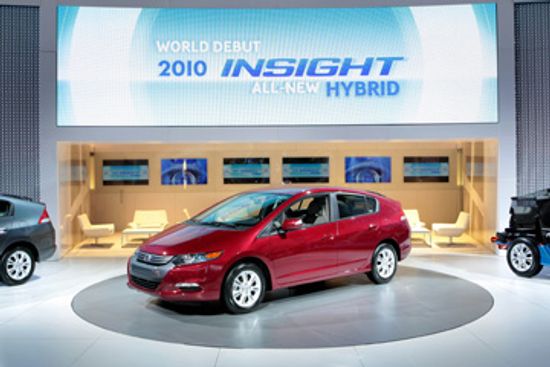
Do hybrid cars get power through kinetics?
Learn More / Page 2
There are two ways to measure your car's fuel economy: miles per gallon (mpg) and gallons per 100 miles (g/100m). Do you know how to calculate both of these figures?
Will these hollow strands of laser-cut nickel revolutionize car manufacturing? And would you really want a car body that's just 0.01 percent solid? Maybe -- it's pretty resilient stuff.
Specially engineered Flexible Fuel Vehicles (FFVs) can tolerate an E85 mixture of gasoline and ethanol. But will ordinary cars and trucks be able to stand up to the new blend?
Advertisement
For a while, many of us imagined the possibilities: streets full of zero-emission electric vehicles (EVs). But the EV concept has suffered from a certain fragility, and some companies have shifted strategies. Let's talk about a few of them.
What if we could derive energy from crops without killing them or generate power using plants and land not needed for food, all through the power of microbes? Meet the newest, greenest "power plant."
Got your eye on a hydrogen-powered vehicle? The energy of the future comes with some baggage, including an uncanny ability to migrate through metals. Here's what you need to know.
A flex engine sounds like some sort of futuristic motor, but you'd be surprised how long this technology's been around. Is it greener or more efficient than a gas-guzzling engine? Flex your brain muscle and find out.
Advertisement
Used mainly in the U.S. as pancake syrup, sweet sorghum is exploding in popularity thanks to its other uses as a biofuel and animal feed. How can one plant do so much?
Improving mileage is only one part of dealing with rising fuel costs. Some cars can accept gas blended with ethanol. But how does the vehicle adjust to the switch?
Personal rapid transit systems offer a public transportation option that's a bit more comfortable than the average subway or bus. In what ways is a pod car like your own car?
Some people believe that algae could very well be the answer to some of our energy problems. But how will we grow enough of it to accommodate all of our needs?
By John Kelly
Advertisement
Do solar powered cars cause pollution? Keep reading to learn about solar powered cars and if they cause pollution.
By Josh Clark
In the future, all of us will own flying cars. Oh, wait -- that's "The Jetsons." Our views of future transportation are a little more realistic, but cars will increasingly use electric power, reducing our dependence on fossil fuels. Right?
Flex Fuel? Ethanol? E85? Been wondering what exactly all of this means? Keep reading to learn about new advances in alternative fuels.
Doomsday scenarios about when the globe will run out of fossil fuels have been flowing since the 1950s, when Shell geologist M. King Hubbert created a mathematical model showing what would happen to United States domestic oil production in the coming years.
By Eric Baxter
Advertisement
Just because a car says "hybrid" on its side panel, is it really any easier on the environment than its gas-burning counterparts?
It's pretty much common knowledge that some countries use more resources than others. Do you know who consumes the most fossil fuel per capita?
With petroleum-loving masses and tax-happy governments finally getting on board with the development of alt fuels, the race is on to find the cleanest, eco-friendliest, and most importantly, cheapest alternative to fossil fuels.
By Eric Rogell
Are you in the market for the greenest vehicle you can drive that isn't a 10-speed bike? Natural gas-powered cars could be both cleaner and cheaper to run than gasoline or diesel powered cars - theoretically at least.
By Marc Carter
Advertisement
There's a lot of buzz these days about electric vehicles, as years of prototypes and waiting at last give way to cars like the Chevy Volt and the Toyota Prius. But if gasoline is no longer king, is there room for solar power in the auto industry?
Wine adds flavor to foods and can pair nicely with a meal once it's served. You can even use it to dye fabrics and soften your skin. But is it really good for making fuel, too?
"Lower than pond scum" may be a great insult; but we're not here to put these micro-organisms down any lower than they already are on the evolutionary chart. In fact, we're here to exalt them.
The U.S. government is offering tax breaks to those who make, mix and sell biofuels to consumers -- but not to the consumers who actually use them. We'll tell you how these tax credits work.
Advertisement
To cut down on carbon dioxide emissions, governments, car manufacturers and utility companies have been seriously pursuing alternative energy sources. How much do you know about biofuels?
By Dave Roos
The world produces an astonishing amount of olives -- 21.2 million tons, or 19.3 million metric tons, says the Food and Agriculture Organization of the United Nations. It would be a bummer for all those pits to just sit in a landfill.
